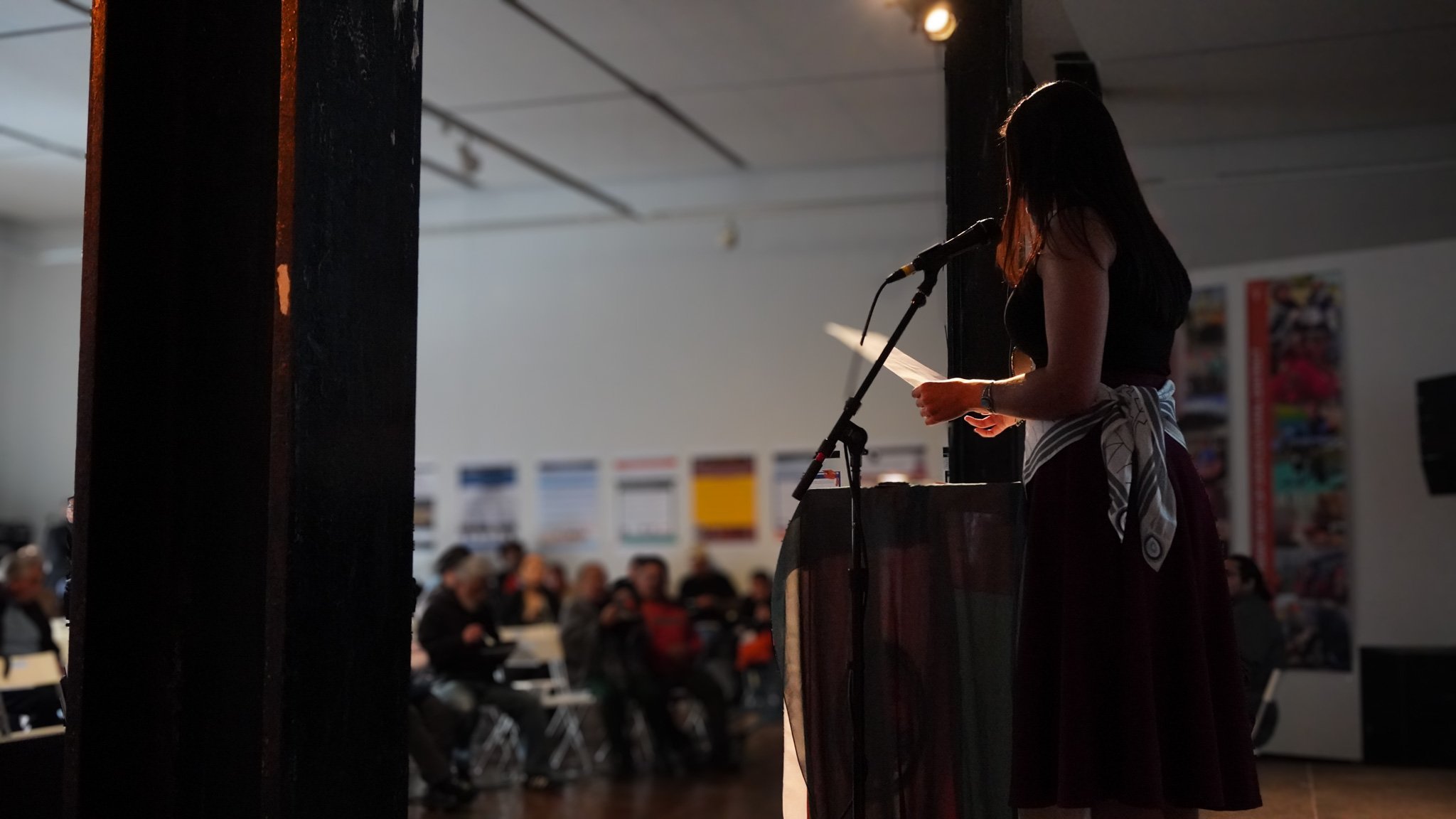
Advocacy & Empowerment
Founded on March 31st, 2020, the American Indian Cultural District (AICD) is the first established Cultural District of its size in the United States dedicated to recognizing, honoring, and celebrating the American Indian legacy, culture, people, and contributions.
American Indian Cultural District Resolutions
-

2020 - Human Rights Commission Ramaytush Ohlone Land Acknowledgement
Requires a land acknowledgment to be read aloud at the start of each Human Rights Commission public meeting.
-

2021 - Board of Supervisors Recognize November as National Native American Heritage Month
Recognizes November as National Native American Heritage month and honoring American Indian’s as the first people and recognizing their contributions to the United States.
-

2022 - Department of Public Health American Indian Health Disparities
Requires the Health Commission to establish meaningful and ongoing partnerships with Native American community leaders to address public health needs and set up public health priorities.
-

2022 - Human Rights Commission American Indian Truth and Healing Advisory Committee
Supports the creation of an American Indian Truth and Healing Advisory Committee and the development of a comprehensive plan to address the inequities that exist in the San Francisco's American Indian community as a consequence of historical racist and unjust policies that contributed to American Indian genocide and ongoing systemic erasure.
American Indian Cultural District Policy Initiatives
-

2020 - Office of Racial Equity Index
Recognizes the importance of Native led data and the history of erasure of Native data
-

2021 - San Francisco Climate Action Plan
Five year City Plan that includes TEK in Decision making, & establishes partnerships with local Native community members & organizations
-

2022 - San Francisco Housing Element
Five year City Plan that recognizes Native data for the first time, Native housing impacts, and prioritizes Native Americans in equity planning
-

2021 - 2026 - San Francisco American Indian Historic Context Statement
Highlights cultural resources, history, and contributions from a Native lens to help preserve, protect, and elevate Native heritage in the City
American Indian Data Advocacy
Racial Equity - American Indians have one of the lowest funding distribution rates among BIPOC communities in San Francisco yet we are either the most impacted or second most impacted community across most socioeconomic indicators.
AI/AN are 2.1% of the population (17,965) and single race AI/AN are 1.1% (9,877)
AI/AN face the highest rate of unemployment in the City (OEWD)
AI/AN have the second lowest median income in the City
AI/AN have the lowest homeownership rates in the City 22% (MOHCD/Planning)
25% AI/AN face housing insecurity
AI/AN are 17x more likely to be found among the homeless population (2019 PIT Survey)
28% AI/AN are food stamp recipients
AI/AN are 4x more likely to be found among San Francisco’s institutional inmates; we make up 1.1% of the population but 4.4% of the institutional inmate population
AI/AN have some of the highest health disparity rates in areas like diabetes and heart disease which means we are most likely to face severe impacts of COVID-19
*American Indian and Alaska Native (AI/AN) should be defined as AI/AN alone and AI/AN in any combination of race and ethnicity.
Community Visions Planning Series
The Cultural Heritage Housing Economic Sustainability Strategy (CHHESS) Report is a comprehensive, community-driven policy guide that outlines priorities for each cultural district. Once completed, the CHHESS Report is adopted by the Board of Supervisors (BOS) through a resolution and reviewed by the City every three years to ensure ongoing support, action, and alignment with the concerns and strategies of the local American Indian community. To learn more about the CHHESS process and how it supports cultural communities, click here.








